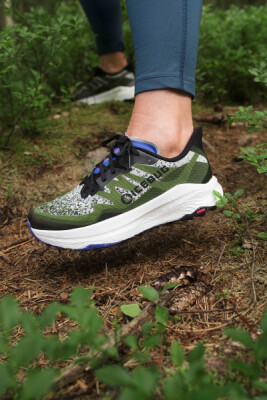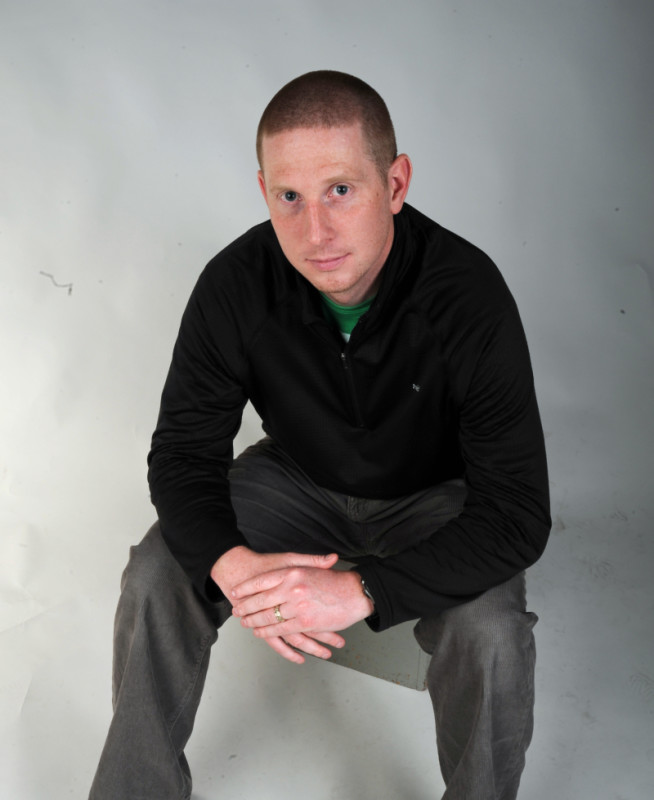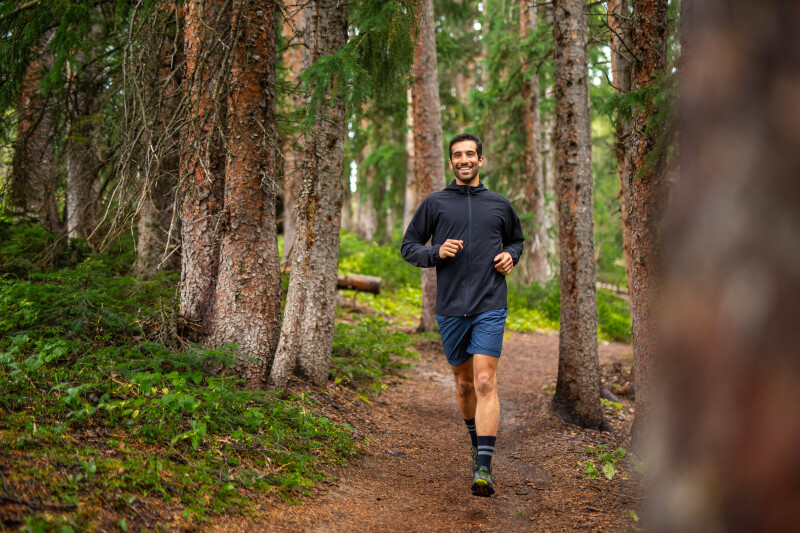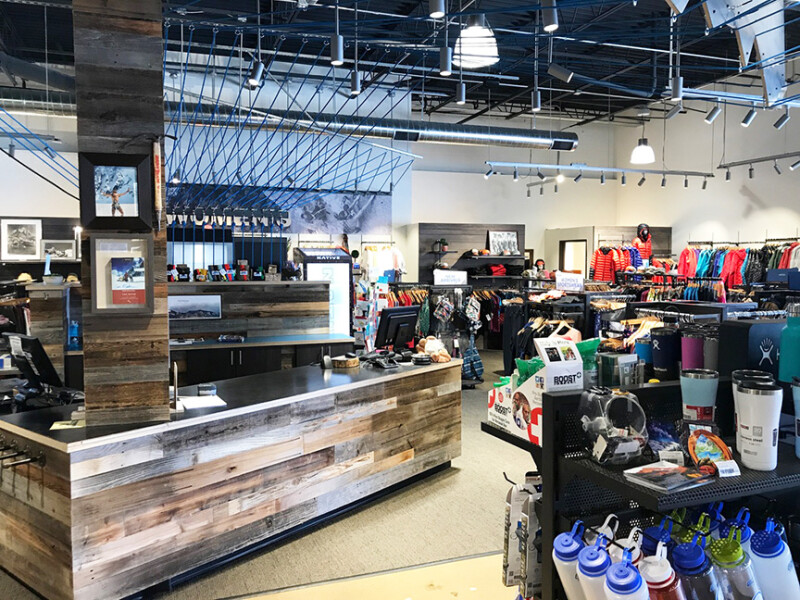In 2015, Icebug, the Swedish company best known for producing ultra-grippy footwear, crafted a daring goal to become the world’s first “climate positive” shoe brand.
Even as company leadership ditched the “climate positive” term – “It makes you think you can consume your way out of the climate crisis,” Icebug director of product Jérôme Manceau tells Running Insight. – the brand continued dedicating time, attention, research and capital to its environmental efforts.
Icebug gathered data from its suppliers about decreasing emissions and initiated efforts to cut the use of fossil fuels throughout the production process. The brand also helped its partner factories access solar panels, sourced natural rubber as an alternative to oil-based rubber and retreated from inbound airfreight.
Along the way, Icebug became a certified B Corp, a designation signaling its commitment to nature and society, and invited consumers to track Icebug’s work on the sustainability front through the brand’s Follow the Footprints Initiative, which publicly shares the materials, factories and carbon of each shoe model. Notably, Icebug also began putting QR codes in its shoes, enabling consumers to easily discover the manufacturing point of their footwear as well as the bio-based and recycled materials in its composition.
Icebug’s sustainability journey took a notable step forward last month with the release of the Järv RB9X, the brand’s most sustainable running shoe to date and “a milestone,” according to Manceau.
The Järv, a trail running model designed to tackle long days and mixed terrain, rejects virgin petroleum as its main ingredient. It features a midsole comprised of 66 percent bio-based content made from corn, an outsole containing 15 percent recycled rubber, an upper made of 50 percent recycled polyester and a lining crafted entirely from recycled polyester.
And best of all, Manceau says, the Järv performs – an absolute necessity in today’s performance running marketplace.
“Nobody wants a ‘sustainable’ shoe if it isn’t at least as good as the competition,” Manceau reminds. “We keep working hard to decrease our climate impact and to make versatile shoes that endure tough usage.”
In the years ahead, Icebug plans to continue leaning into durability and high-quality, sustainable materials, hoping it might inspire consumers to choose better and its peers to produce footwear in a more responsible way.
Ultimately, Manceau says, the 24-year-old brand’s vision is “to be a changemaker for a society where people can thrive on a planet in balance.”







